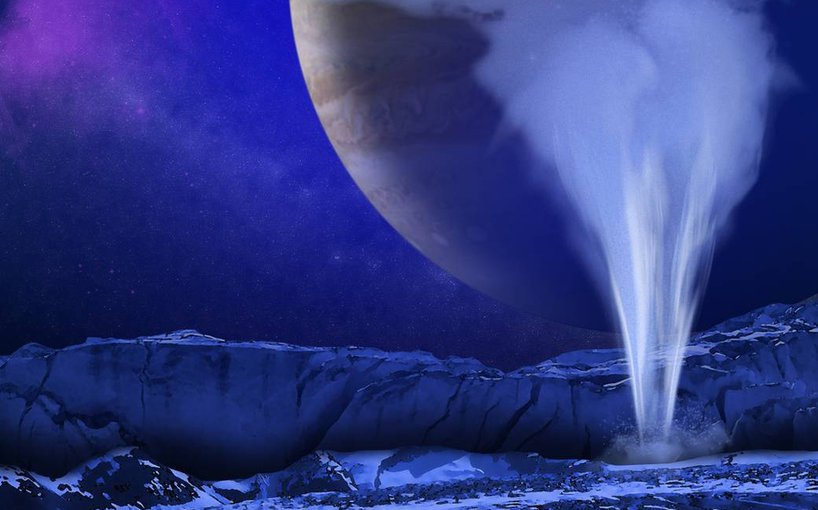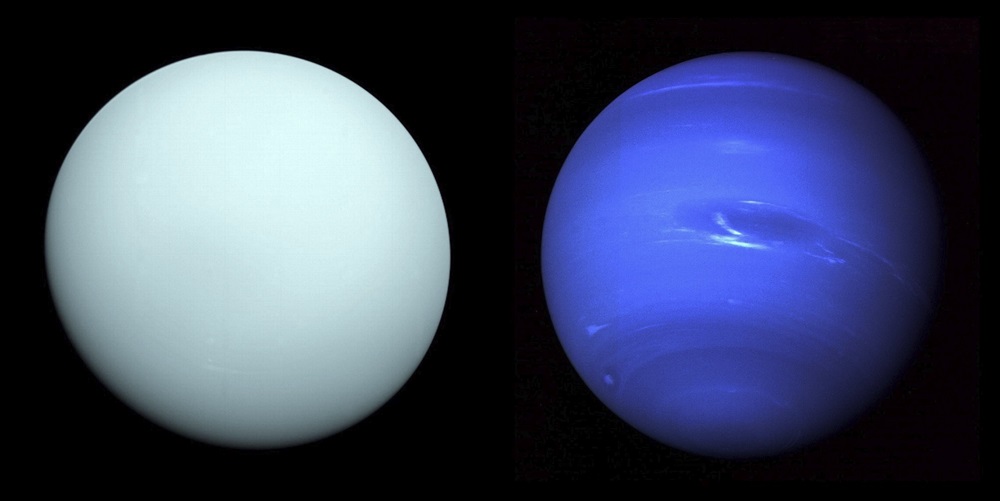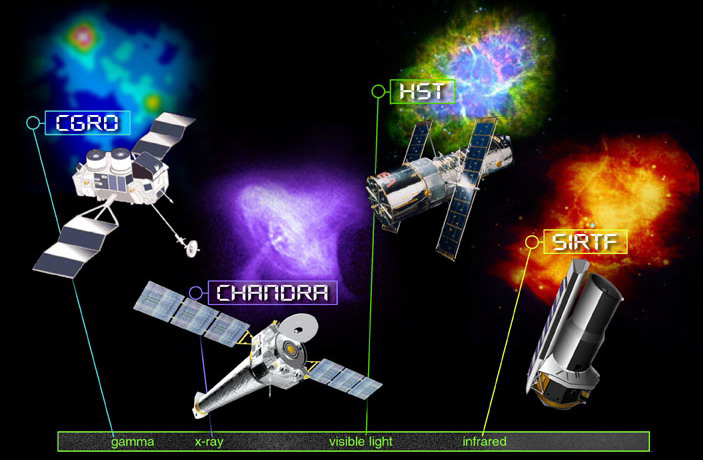Podcast: Play in new window | Download | Embed
Subscribe: RSS
The outer Solar System is far enough from the Sun that water doesn’t get blasted away into deep space. In this icy realm, there are many worlds with vast quantities of water ice. Today let’s look at the icy outer moons and dwarf planets.














